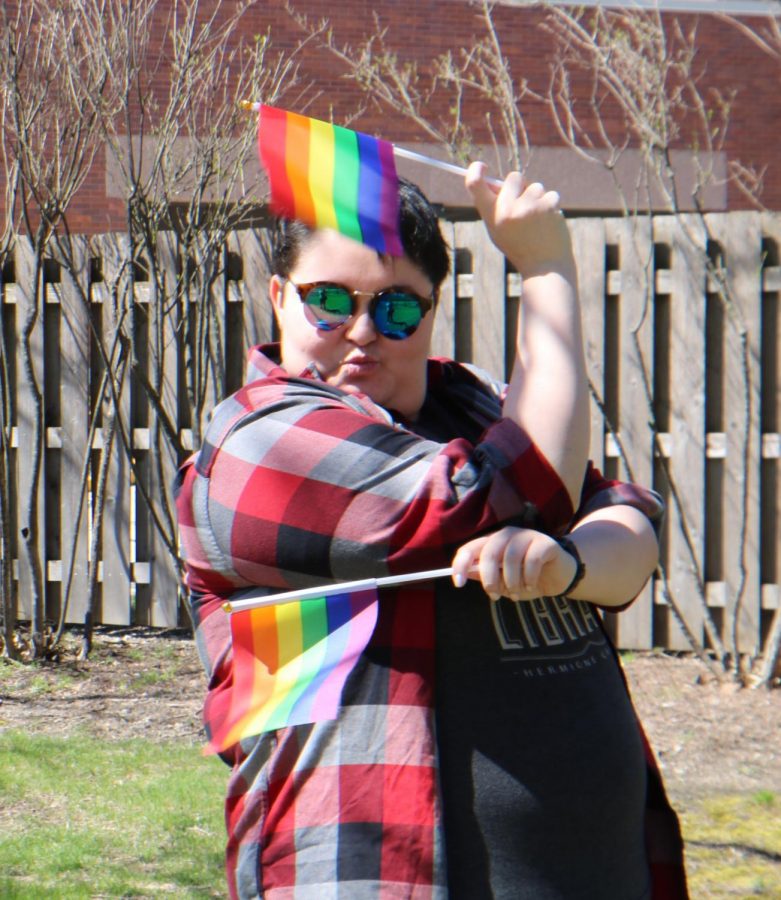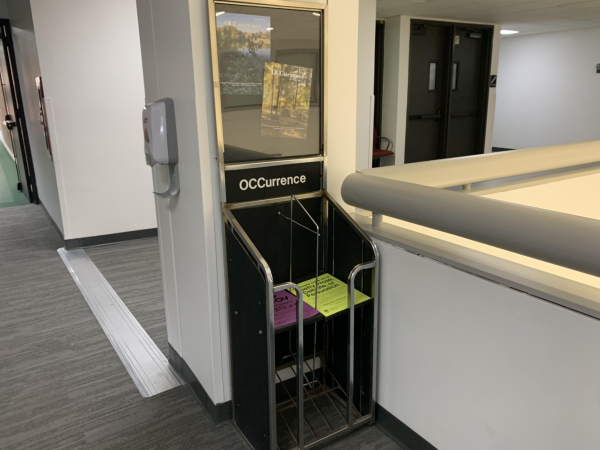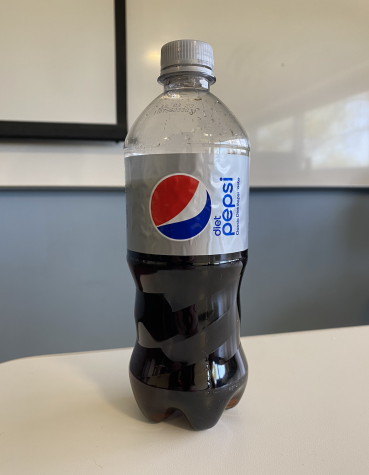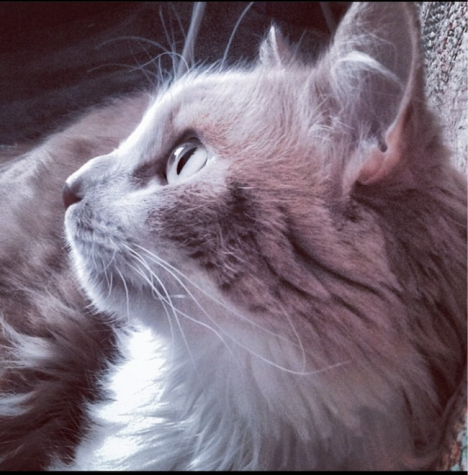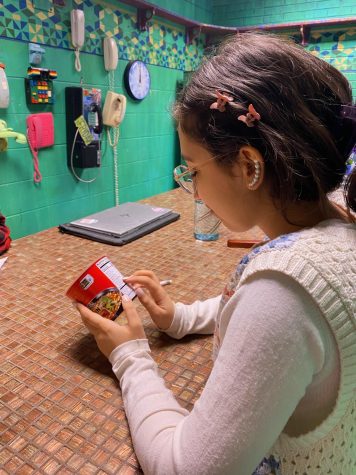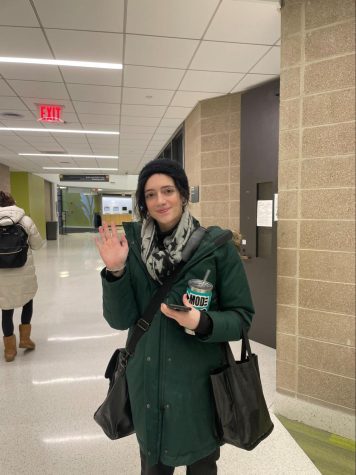Lack of marginalized Oakton student group presence a symptom of the times or just timing?
May 9, 2019
Oakton’s first ever LGBTQ PRIDE Resource Fair was held on April 17. The fair featured multiple four-year universities that provide LGBTQ specific support/assistance programs and curriculum to LGBTQ students.
Also in attendance were long-standing support organizations such as PFLAG (Parents and Friends of Lesbians and Gays), a national organization inclusive of lesbian, gay, bisexual and transgender activism. Unfortunately, the event was not well attended by LGBTQ students.
While some Oakton student support groups, such as Andale, have well-organized, visible presences, others do not. Certain marginalized student representative groups such as Muslim, African-American, and Asian students are not as visible, and in some cases, representative clubs for them do not exist.
Oakton has various issues that face marginalized student groups by rolling out multiple events and resource fairs to address them throughout the year. Still, student interest and attendance can be lacking.
Issues that contribute to student absence at these events include the time of day, the time during a given semester, and the fact that Oakton is a two-year transfer college. Attendance at targeted student population events, held after 4 p.m. or at the beginning or end of a semester, can be sparse.
Building sustainable relationships, and retaining club/group membership, from year to year can be difficult.
Andale, an Oakton success story has been able to sustain its organization over the years due in part to the existence of a staff coordinator that is part of Oakton’s Access, Equity, and Diversity department.
In order to support/sustain visibility and membership in similar marginalized student populations, similar coordinator positions are necessary. Currently, club advisors are frequently staff and/or faculty members who in effect perform “double duty”. While their contributions may be voluntary, their passion undeniable and dedication much appreciated, full or part-time coordinators are better able to serve the needs of marginalized student groups under duress.
Another contributing factor to student absence could be the aggressive anti-social justice actions both pending and implemented by the current U.S. administration. These actions have continued to force various marginalized groups (Muslim, Latin X for example) around the U.S. into lower profile presences or completely underground. Student sentiment seems to confirm this with some students stating that parents are advising them to “lay low”.
There are, however, many examples of student members of marginalized populations that are very visible and involved in maintaining awareness for all including Eryn Nelken, an out and proud member of the LGBTQ community both here and at large.
Regarding the PRIDE Resource, Fair Nelken said, “It was awesome that Oakton had its first Pride Resource Fair. There are still many places in the country that are uncomfortable and dangerous to be an LGBTQ person. It’s good that Oakton is bringing in schools that are not only safe but also supportive of LGBTQ folks. Peoples’ reactions to being Queer can be horrid, and without support, it can be difficult just to exist. It is wonderful Oakton took the time to organize this resource.”
Nelken is queer (bisexual) and her identifying pronouns are She/Her/Hers. She was born female and identifies as female making her cisgender. She explains that “Being cis means being born as the gender that a person identifies as. Transgender people are born into a gender they do not identify as, usually along the gender binary of female/male. There are also people who identify as outside the gender binary, which means they don’t identify as either gender. These folks usually go by the pronouns They/Them/Theirs, as well as (but less frequently) Ze/Hir. While pronouns don’t seem like a big deal, they are to people who are identified incorrectly. In calling someone their preferred pronouns you are recognizing their humanity and respecting their identity. It takes little effort to call someone by their preferred pronouns and it is, at a bare minimum, the decent thing to do.”
What people should know about LGBTQ persons, Nelken said, “There’s not a whole lot that people should know about being LGBTQ aside from the fact that we’re actual human beings and deserve to be treated with human dignity. Sexuality and gender is a spectrum that people move along”.
Nelken proceeded to say that they should be respected because ”people don’t always stay in the same place on those spectrums.”
Addressing LGBTQ myths, Nelken said, “There were always LGBTQ people throughout history in the world. Only now is it safe (depending on where you are) to come out, so people are finally doing so.”
She would also like people to know that, “ . . . queer people aren’t pedophiles because they’re queer, not all lesbians have short hair, queer people don’t recruit children into being queer, we don’t all know each other, there is no ‘gay agenda’, and no- we don’t get paid to be queer.”
To those LGBTQ persons who are unsure of coming out, Nelken advises, “You are you even without affirmation. Coming out can be as big or little a deal as you’d like. Don’t feel pressured to come out to everyone all at once. You can ask that your coming out be shared only with one or more people of your choosing. Make sure you’re safe, and that you have ready resources if the person you’re telling has a bad reaction. If you do not have a ready resource, wait until you have the means to live on your own or have another place to stay for a little while. There are plenty of resources and people you can reach out to even if you’re still in the closet. Finally, remember, you are you no matter what. You have value, you are loved, and you’re not alone. Never forget, you are worth living a life full of dignity and happiness.”
While the seeming lack of attendance by marginalized groups at Oakton-sponsored educational and support events is evident, it is by no means a permanent condition. While discrimination, repression, and at times, violent retribution against marginalized people is increasing, Nelken, despite logistical and political odds, serves as a courageous, smart and knowledgeable example to Oakton students.
Similarly, there are many Oakton student groups and representatives of all races, genders, religious affiliation and disabilities that are also maintaining awareness of the importance of cultural identity and pride at Oakton.
SGA President-Elect, Aaron Banks, stated, “Moving forward, faculty and staff will be working with SGA representatives to create incentives for students to participate in on-campus events.” There are widespread support and action from various groups across the college in order to cater to historically marginalized groups on campus.
Resources:
For advice, support or counseling contact (DP and SK):
- Access and Disability Resource Center, Room 2405, 847-635-1759
- Oakton Wellness Center, Room 1200, 847-635-1885.
- Center for Inclusion and Diversity, Room 1432, 847-635-1699
For clubs/organizations information, contact:
- Center for Inclusion and Diversity, Room 1432, 847-635-1699
- Student Life/Student Government Association:
- DP, Room 1530, 847-635-1699
- SK, Room A160, 847-635-1443
2019 U.S. Supreme Court Cases to watch:
- LGBTQ Workplace Discrimination, hearing this fall.
- Partisan Gerrymandering, ruling by June.
- 2020 Census Citizenship Question: ruling by June.
2019 U.S. Appellate Court Cases to watch:
- Abortion rights
- DACA ruling
- ACA (Affordable Care Act)

